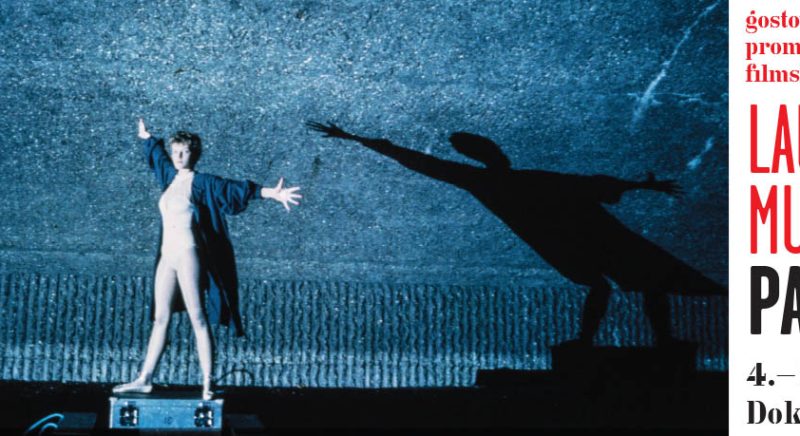
Race is a distinctly modern form of categorisation, a product of European empires and the processes of differentiation through which capitalist development was secured. In Deadly and Slick: Sexual Modernity and the Making of Race, Sita Balani argues that the endurance of race comes down to how race is embedded in everyday life through the domain we take to be most intimate and essential: sexuality. Intertwined with racial categorisation, sexuality emerges as the foundation of the self, with companionate marriage based on complementary gender roles acting as the guarantor of respectable, European subjectivity. At the turn of the 20th century, the respectable political subject was situated within the nuclear family. By the end of the century, we are commanded to act as individuals in pursuit of romantic love and sexual freedom. Though the promise of sexual modernity is that we can find self-realisation through romantic love and sexual freedom, sexual violence is a constitutive feature, following the movement of capital and functioning as a tool of racial terror.
In the 21st century, however, the relationship between racial categorisation and sexuality is faltering. While our sexual behaviour and kinship structures are of diminishing interest to state bureaucracies, exploitation and dispossession accelerate. Sexual freedom is no longer a convincing metric of the good life, and the ‘colour line’ is reconstituting around new geopolitical faultlines. In this lecture, we will examine the fractures of sexual modernity to consider how race-making is being renovated to extract value under conditions of ecological breakdown, geopolitical conflict, disaster nationalism, and genocide.
Moderated by: Karolina Hrga
Dr. Sita Balani is the author of Deadly and Slick: Sexual Modernity and the Making of Race (Verso, 2023) and co-author of Empire’s Endgame: Racism and the British State (Pluto, 2021). She has published in Vice, Tribune, the White Review, Salvage, Public Books, Radical Philosophy, Five Dials, and Protean.

















